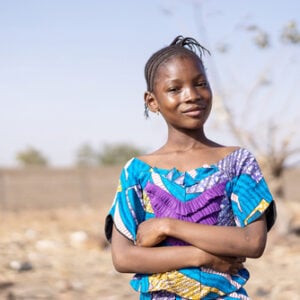Zanzibar has launched two groundbreaking joint programmes designed to drive inclusive growth, women’s economic empowerment, and climate resilience across the northern regions of Unguja and Pemba. Spearheaded by the Revolutionary Government of Zanzibar, the United Nations, and key development partners, these initiatives aim to uplift vulnerable communities while advancing the country’s blue economy and Sustainable Development Goals (SDGs).
The first initiative, the Zanzibar Joint Programme (ZJP) 2025–2027, is a USD 8.4 million effort to strengthen human capital, create climate-resilient food systems, combat violence against women and children, and boost adaptation for low-lying coastal communities. Backed by a USD 3.5 million contribution from the Royal Norwegian Embassy through the Tanzania SDG Acceleration Fund, the programme unites 12 UN agencies with government ministries and local partners to deliver holistic, cross-sectoral solutions.
Complementing this effort is the Joint Programme on Transforming Seaweed Farming, a USD 3 million initiative funded by the UN Joint SDG Fund. With support from international donors including the European Union and governments across Europe and Asia, this programme seeks to turn seaweed farming from a small-scale subsistence activity into a competitive, sustainable industry. By 2028, it aims to benefit 15,000 seaweed-farming households, increasing their incomes by up to 40 percent through better financing, stronger cooperatives, and expanded market access.
Both programmes are strategically aligned to reinforce each other. While the ZJP tackles food system transformation and climate adaptation, the seaweed programme strengthens value chains and promotes women’s leadership in one of Zanzibar’s key export industries. Together, they are expected to reach over 532,000 beneficiaries, most of whom work in the informal sector and depend on marine resources for their livelihoods.
Government leaders, UN agencies, and donors emphasized the importance of national ownership and international solidarity during the launch. UN Resident Coordinator Susan Ngongi Namondo praised the Government’s leadership, noting that the initiatives are coordinated under the Zanzibar Planning Commission, ensuring accountability and long-term impact.
With these integrated programmes, Zanzibar is charting a bold course toward sustainable development, harnessing its rich natural resources to empower women, protect its coasts, and build a more resilient future.







